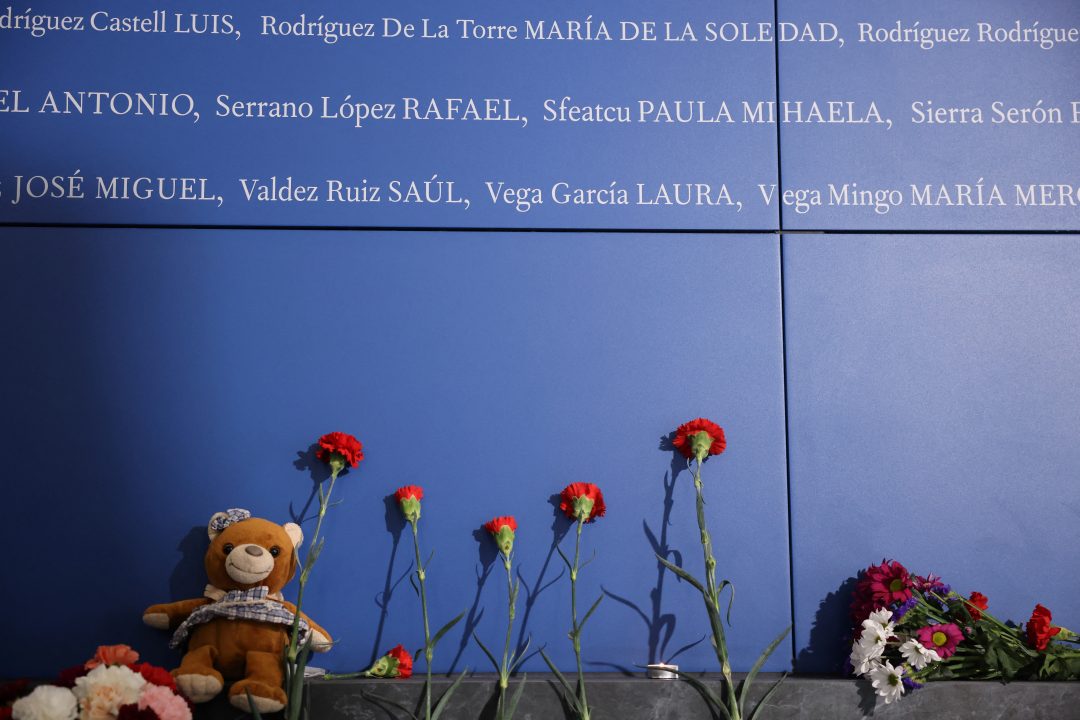Spain and the European Union commemorated on Monday the 20th anniversary of the March 11, 2004 Madrid train bombings, which marked the start of mass Islamist attacks in Europe. An official ceremony was presided over by King Felipe VI and Queen Letizia.
Spain and the European Union paid homage Monday to the 192 victims of the March 11, 2004 Madrid train bombings that marked the start of mass Islamist attacks in Europe.
Spain’s King Felipe VI and Queen Letizia are due to preside over the official ceremony at 12:15 pm (1115 GMT) in the Royal Collections Gallery, a museum near the palace.
Organised by Brussels, March 11 has become the official European Day of Remembrance “for the victims of terrorism”.
On that date in 2004, the Spanish capital was plunged into chaos as 10 bombs devastated four commuter trains during the early morning rush hour.
Although Spain had experienced decades of violence at the hands of the Basque separatist group ETA, it had never been hit by an attack of such magnitude, with taxi drivers and the public pitching in to help the emergency services ferry nearly 2,000 wounded to hospital.
City mayor Jose Luis Martinez Almeida described March 11, 2004 as “a day of wickedness” that had “caused immense pain and profound sadness but (…) didn’t manage to bring Madrid to its knees.
“The people of Madrid gave an example of solidarity that is still alive today,” he said at an early memorial event.
Labour Minister Yolanda Diaz also recalled the sense of solidarity on that day.
“Today is the 20th anniversary of the biggest terrorist attack our country has ever suffered. I remember the feeling of fear, the silence in the streets.. and the pride of a nation that rose to the occasion,” she wrote on X.
“We have not forgotten.”
Known as 11M — Spanish shorthand for March 11 — the attacks on a train at Atocha station and three others headed there, occurred in a highly-charged political context just days before a March 14 general election.
Al-Qaeda claimed responsibility for the attacks saying it was in response to Spain’s involvement in the Iraq war.
In early April, seven suspected members of the jihadist cell involved in the carnage blew themselves up as police surrounded an apartment where they had been hiding on the southwestern outskirts of Madrid.
After a three-year investigation, 29 suspects, the vast majority Moroccan, went on trial in early 2007 with the process lasting six months. In the end, 18 were convicted.
Twenty years later, only three are still serving time — two Moroccans who were each handed nearly 43,000 years, and a Spaniard, who supplied the explosives and was jailed for nearly 35,000 years.
All the others have been released after serving their sentences, the vast majority of them deported or extradited, mainly to Morocco.
Christian CHAISE, with AFP




